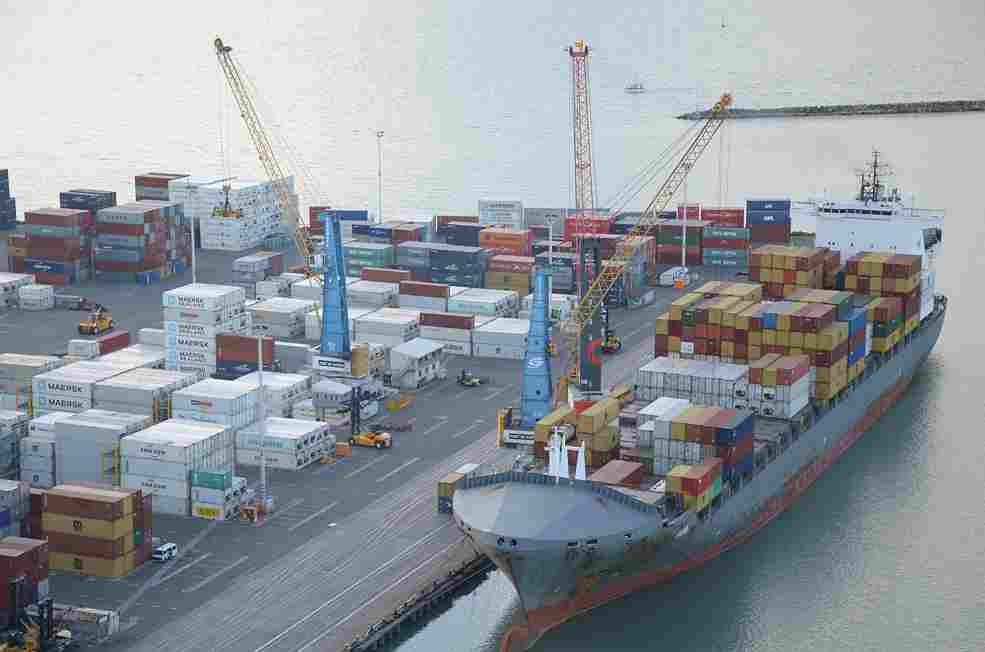
Chemical and Physical Stability of Ultra-Low Sulfur Bunker Fuels
The chemical and physical stability of ultra-low sulfur bunker fuels is a critical aspect in the maritime industry, driven by stringent environmental regulations aimed at reducing emissions from ships. This article explores what ultra-low sulfur bunker fuels are, their chemical composition, factors influencing their stability, and the importance of stability for efficient and compliant maritime operations.
Introduction to Ultra-Low Sulfur Bunker Fuels
Ultra-low sulfur bunker fuels refer to marine fuels with significantly reduced sulfur content compared to traditional heavy fuel oils (HFOs). These fuels are essential for complying with global regulations, such as the International Maritime Organization’s (IMO) MARPOL Annex VI, which mandates sulfur emission reductions to mitigate air pollution from shipping.
Chemical Composition of Ultra-Low Sulfur Bunker Fuels
- Sulfur Content: Ultra-low sulfur bunker fuels typically contain sulfur levels of 0.1% m/m (mass by mass) or less, compared to higher sulfur content in traditional bunker fuels.
- Hydrocarbon Composition: These fuels are refined to remove sulfur compounds while maintaining appropriate viscosity, density, and other performance characteristics required for marine engines.
Factors Influencing Chemical and Physical Stability
- Oxidation Stability: Ultra-low sulfur bunker fuels are susceptible to oxidation, which can lead to the formation of insoluble sediments and gums that can clog fuel filters and injectors.
- Compatibility with Additives: Additives are sometimes used to enhance fuel stability and performance. Compatibility between additives and the fuel itself is crucial to prevent adverse reactions that could impact stability.
- Storage Conditions: Proper storage conditions, including temperature control and protection from moisture and contaminants, are vital to maintaining fuel stability during storage and transportation.
- Microbial Contamination: Microbial growth in bunker fuel tanks can lead to degradation, causing issues like filter clogging and corrosion. Biocides may be used to prevent microbial contamination.
Importance of Stability in Maritime Operations
- Engine Performance: Stable fuels ensure consistent combustion and optimal engine performance, minimizing downtime and maintenance costs.
- Compliance with Regulations: Stable bunker fuels help ships comply with emissions regulations by ensuring consistent combustion efficiency and reducing the risk of malfunctioning emission control devices.
- Operational Reliability: Unstable fuels can lead to operational disruptions, such as engine failures or reduced efficiency, impacting vessel schedules and overall operational reliability.
Challenges and Mitigation Strategies
- Quality Control: Rigorous quality control measures, including regular testing and adherence to ISO 8217 standards, are essential to ensure fuel stability.
- Monitoring and Treatment: Continuous monitoring of fuel quality during storage and onboard use, along with appropriate treatment measures, helps mitigate stability issues.
- Educational and Training Programs: Crew training on proper fuel handling and storage practices is crucial to preventing stability-related issues and ensuring safe operations.
Conclusion
The chemical and physical stability of ultra-low sulfur bunker fuels is paramount for ensuring compliance with environmental regulations, optimizing engine performance, and maintaining operational reliability in the maritime industry. As global regulations continue to evolve, and as the demand for cleaner fuels increases, advancements in refining technologies and fuel additives will play a crucial role in enhancing the stability and efficacy of ultra-low sulfur bunker fuels. By addressing factors that influence stability and implementing robust quality control measures, stakeholders can ensure the continued adoption and effective use of these fuels while contributing to sustainable shipping practices worldwide.





